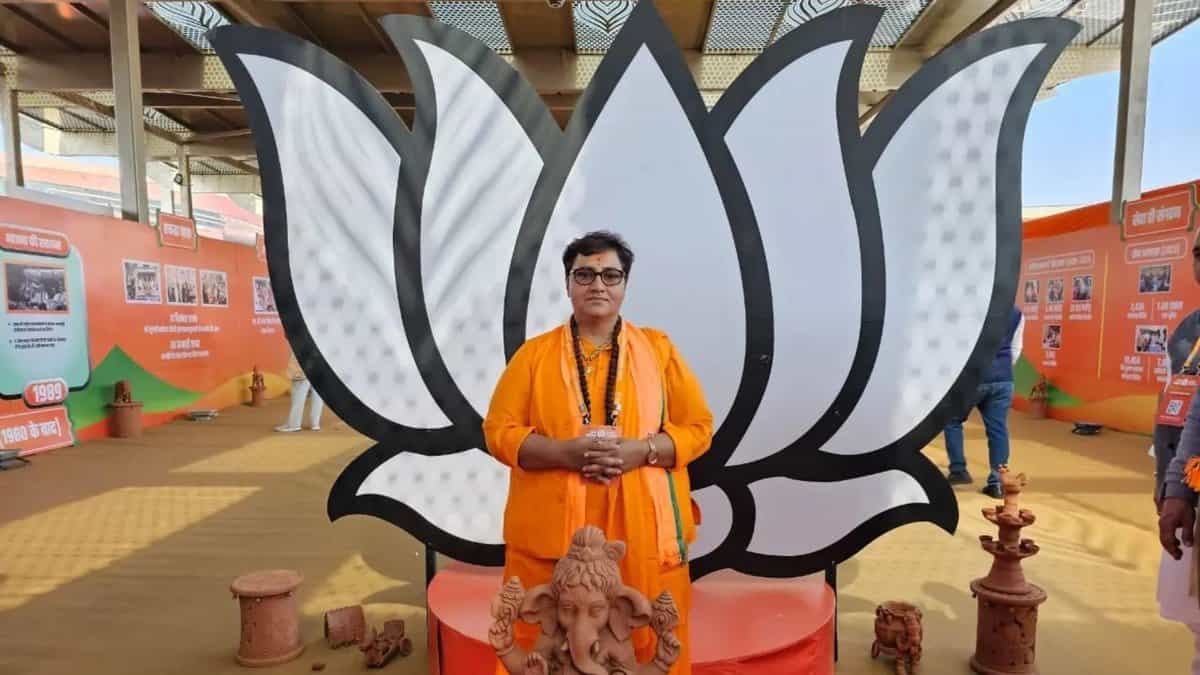
The Maharashtra government has been quiet after the special court trying the Malegaon blasts case acquitted seven persons, saying the prosecution could not prove the guilt of the accused but only stoked suspicion against them. It found that the investigation was shoddy, files were missing, and nothing conclusive was brought out by the National Investigation Agency (NIA). The Chief Minister’s first reaction yesterday was about how Congress had tried to build a narrative of “Hindu terror”. He had nothing to say about an appeal in the High Court.
Compare this to the first reaction when the Bombay High Court order acquitted a dozen persons in the horrific serial train blasts of Mumbai, found with the shoddy probe by the Maharashtra Anti-Terror Squad (ATS) and the poor prosecution based on the ATS probe. “It is shocking”, Devendra Fadnavis had said. The chief minister spoke of an appeal in the Supreme Court. It was done the next day in an unprecedented alacrity. Notices were immediately issued by the apex court.
Govt. credibility at stake
The credibility of the Maharashtra government, by being even-handed, is now at stake. It is, however, certain that someone or the other from among the representatives of the six victims – those who lost their lives – will appeal against the acquittals. They may not wait for the government to act, though the state should act. The reticence of the government led by the Bharatiya Janata Party now is possibly because those accused were let off by the NIA court belonging to the right wing.
There are political costs if an appeal is preferred, and the government would therefore tread very cautiously. Fadnavis has already seen the entire case after the blasts as a conspiracy because Congress set the narrative of “Hindu terror” and “saffron terror”. His was not the language of outrage at the failed case. The court set the accused free because the guilt could not be proved, just as in the case of the train blasts earlier. Nothing was proved by the prosecution beyond a doubt in both cases.
Case of 7/11 train blasts
In the matter of the 7/11train blasts of 2006 which killed 187 persons, the Maharashtra Control of Organised Crime Act court had convicted the dozen accused but the High Court threw out the case citing inconsistencies, the accused crying foul at the methods of interrogation including torture, and as per the HC order, the ATS had “utterly failed to establish offences beyond reasonable doubt against the accused on each count.” Much the same with the Malegaon case, which was first investigated by the ATS and later taken over by the NIA.
The media have reported the findings of the NIA court’s judge’s order in detail. One of the facts that stands out is that the ATS investigation was rejected almost in its entirety by the NIA and built its case, which, however, did not come to scratch before the court. Rohini Salian, who was the prosecutor from the start, was not surprised at yesterday’s verdict. She has told the Indian Express that she was told by the NIA to “go soft” on the accused, and she had resigned. “What else is expected if you don’t lay out the true evidence?”
Opportunity to file case may pass
This is not a commentary on the guilt or otherwise of the accused. But given the strictures of the NIA court, only an appeal in the High Court and getting convictions would vindicate the agency, but it is quite likely that the opportunity may be passed. The NIA’s reputation is at stake as much as the ATS’s. Will ATS stand up and come out smelling of roses in the Supreme Court? Unfortunately, politics and crime investigation seem to have been well enmeshed.
The two cases have taken a long time to come to some level of conclusion. The train blasts had occurred in 2006, and the case made its way to the High Court, and the order was issued in the last week of July. The FIR in the Malegaon blast case was filed in 2008, and the case was thrown out on the last day of the same month. As many as five judges had been transferred in the routine course while they were hearing the Malegaon which adds to the delay. And given the complexity of the cases, the number of witnesses involved, and some witnesses turning hostile, the timelines stretch.

